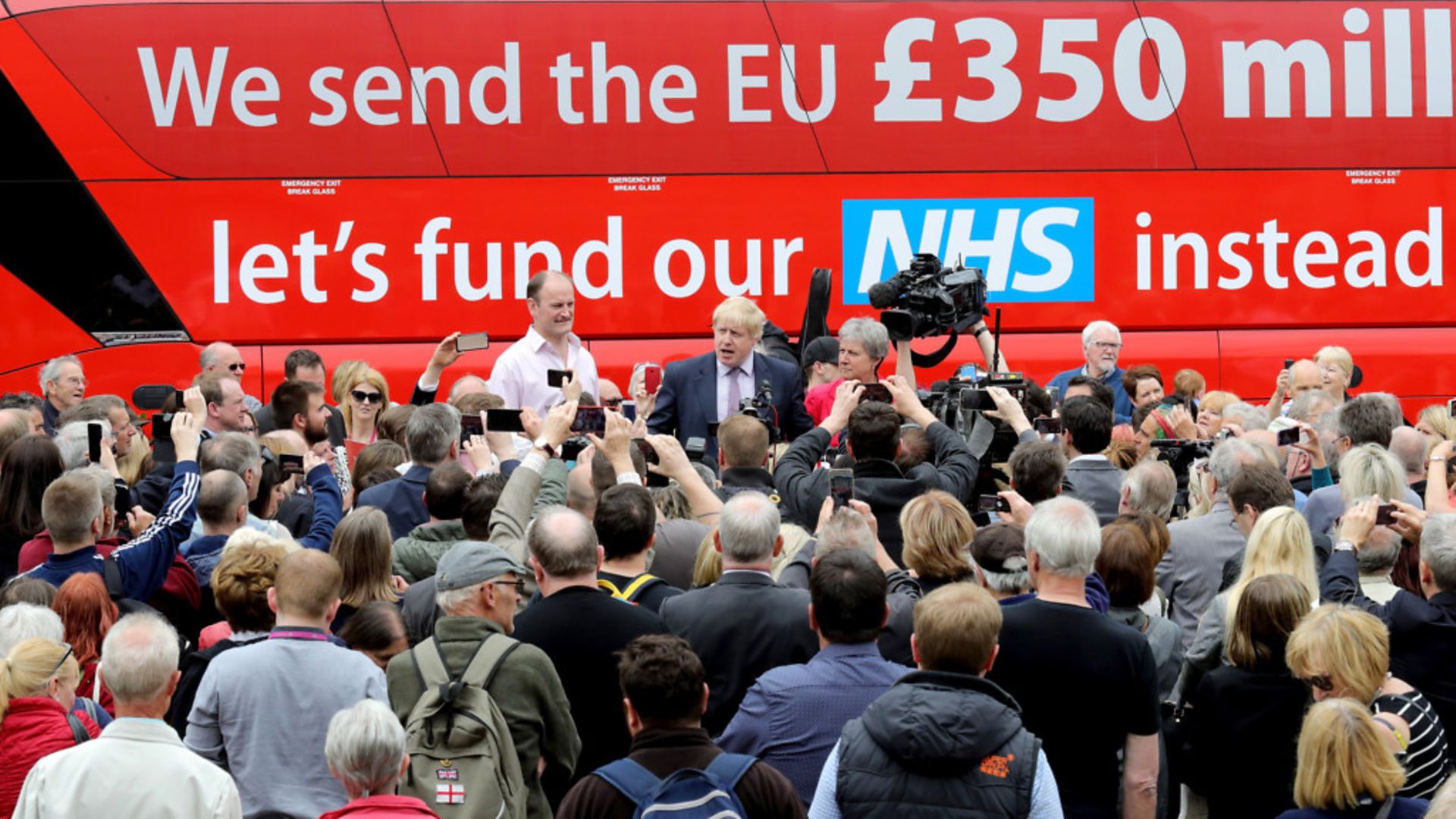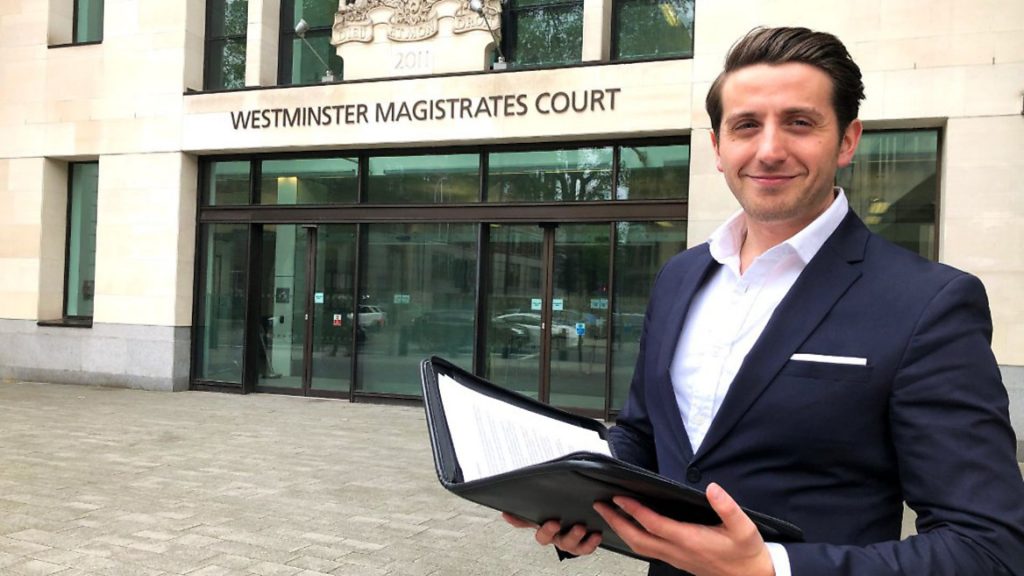
The judge has explained why she threw out the court case which could have prosecuted Boris Johnson for false claims made during the EU referendum.

The case brought by Marcus Ball as a private prosecution, claimed that Johnson had misled the public while in a position of high office, both as an MP and as Mayor of London.
Johnson, along with several other MPs, had backed the slogan “We send the EU £350 million a week”, written on the side of a Vote Leave campaign bus prior to the 2016 EU referendum.
Now Lady Justice Rafferty and Justice Supperstone have claimed the case was “flawed” because the art of lying “was nothing new” and that existing laws did not cover the arguments made about Brexit in the June 2016 campaign.
Their newly-published report on the case said: “The problem of false statements in the course of political campaigning is not new and has not been overlooked by parliament. For at least the last 120 or so years parliament has legislated to control certain false campaign statements which it considers an illegal practice.”
Their ruling added: “There is no precedent for any office holder being prosecuted for misconduct in public office for wilfully making or endorsing a misleading statement in and for the purposes of political campaigning.”
They make use of the Elctotral Commission’s own report on the 2016 referendum which appears not to hold a view either way on the statements made.
It said: “In a referendum there are at least two sides competing arguments, both of which are highly likely to be contested to some degree. Even official data can and will be presented by campaigners in a way that favours their argument – that is the nature of political campaigns. It will not always be possible to establish the truth about campaign claims in an independent truly objective sense.”
The judge also also focused on claims from Boris Johnson’s team that the case was “vexatious”, which was not the basis for throwing out the argument.
The judge noted Johnson’s case that private prosecutor Marcus Ball had posted to social media and given interviews explaining how he wanted the case to make it “easier to call for a second referendum or annul the vote completely”.
But the report claims that the case was not to be thrown out on these grounds, but the fact the argument was flawed.
Johnson was initially issued with a court summons by district judge Margot Coleman at Westminster Magistrates’ Court, who called it a “proper case”, but the summons was quashed after Johnson challenged it in the High Court.
Last month Justice Rafferty and Justice Supperstone accepted Johnson’s side of the argument, made by his barrister Adrian Darbishire QC who said on June 7 that “the making of false statements ‘must be as old as political campaigning itself’,” and argued that political campaigning has never been held before criminal courts.
Ball could still appeal the decision depending on the advice he is given by his legal team.
He told the BBC he was “slightly concerned there has not been the level of engagement with our written submissions that I have would have preferred”.
“Our legal argument is that Mr Johnson was carrying out several duties of an MP.
“Why do we elect MPs? One of the things they are responsible for is determining what happens to public money, where it goes, how it is spent, meaning they have authority and expert knowledge when it comes to the public purse.”
On accusations that he had been “vexatious” towards Johnson he said: “I don’t really care whether he becomes PM or not – that is separate to our work.
“If he does or does not become PM, that does not affect this case. We still keep going based on the legal advice we get.”
MORE; Boris Johnson court summons quashed in ‘misconduct’ case over Leave campaign claims









